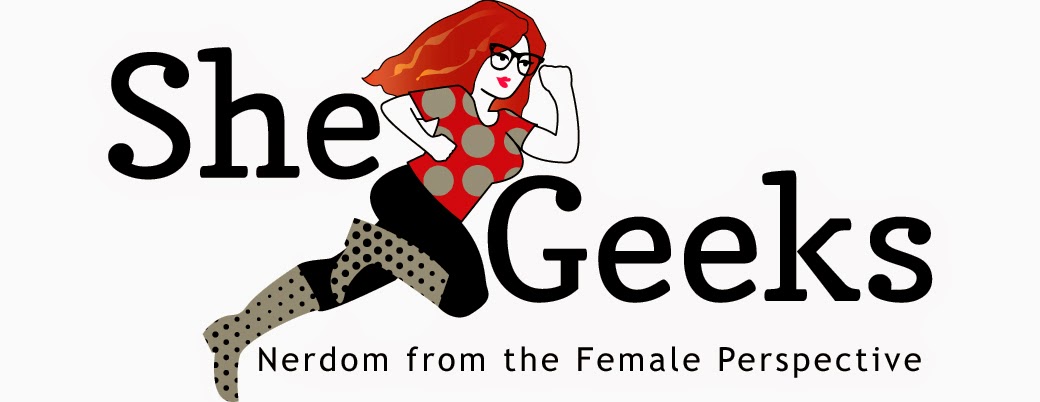The pervasiveness of remakes and sequels is undeniable. Some stories and characters are so popular on film that it's difficult to get an accurate count of how many have been produced. The story of the Greek demi-god, Hercules in particular has been made into at least 37 films (though not all of those graced the big screen), and no less than 4 television series. In 2014 alone we saw the release of not one, but two Hercules movies:
 |
| Both of which apparently involved some serious shit happening to Hercules' left. |
 |
| Zero fun is being had by the Holograms. |
She-Geeks: Why do you think reboots and remakes are so popular in the film industry, especially in the last decade or so?
Alexander: Because the studios have lost their ability to market to the masses. This is not necessarily their fault, people have simply evolved from looking in the newspaper to see what movie is playing to having 500 million choices of sources for movie times and locations. Technology has provides us with an information jungle. There are lot of advantages because of it, but the fact that we don’t know how to make sure everybody knows a certain movie is playing is a disadvantage. You can’t even buy enough time on TV to air trailers, because there are 500 TV channels and 500 ways to watch TV, so that too has become a jungle. To successfully market a movie to America for example, you have to spend at least 100 Million dollars to make the country semi aware that there’s a movie out there. So studios won’t pick up a great 2 Million dollar original movie and give it a wide theatrical release if it costs them 100 Million to market it. Even on a high budget level they don’t want to take the risk unless it’s a “recognizable” name. So remakes are popular because they provide brand awareness.
SG: From a film making stand-point, is it easier to retell/reboot an established story than to try and tell a new one?
Alexander: No, creative people function better when they can create freely. I think every writer/director would prefer to tell an original story, something that can surprise people and something that can’t be measured up against a predecessor.
SG: The recent trailer for Jem and the Holograms garnered instant backlash for having little in common with the original cartoon except the character names and the use of music. Why do you feel some reboots stray wildly from their source material?
Alexander: Because they don’t want to be reboots. Somebody probably told the writer or director “okay, we’ll finance you a (add genre) movie, but it has to somewhat relate to Jem and the Holograms.
SG: In your opinion as a movie-goer (not as a director), are remakes fun or cringe-worthy?
Alexander: There are very, very few movies that called for a remake or were made better with a reboot. The fact that we’re producing them en masse right now kills the appetitive for those few.
The logic is strong with this one. It's not exactly shocking that this all comes down to money, but that doesn't make it any less frustrating to those of us who crave original content.
*Criteria: Not an original story/title/character - Based on a game or TV show - National release


No comments:
Post a Comment